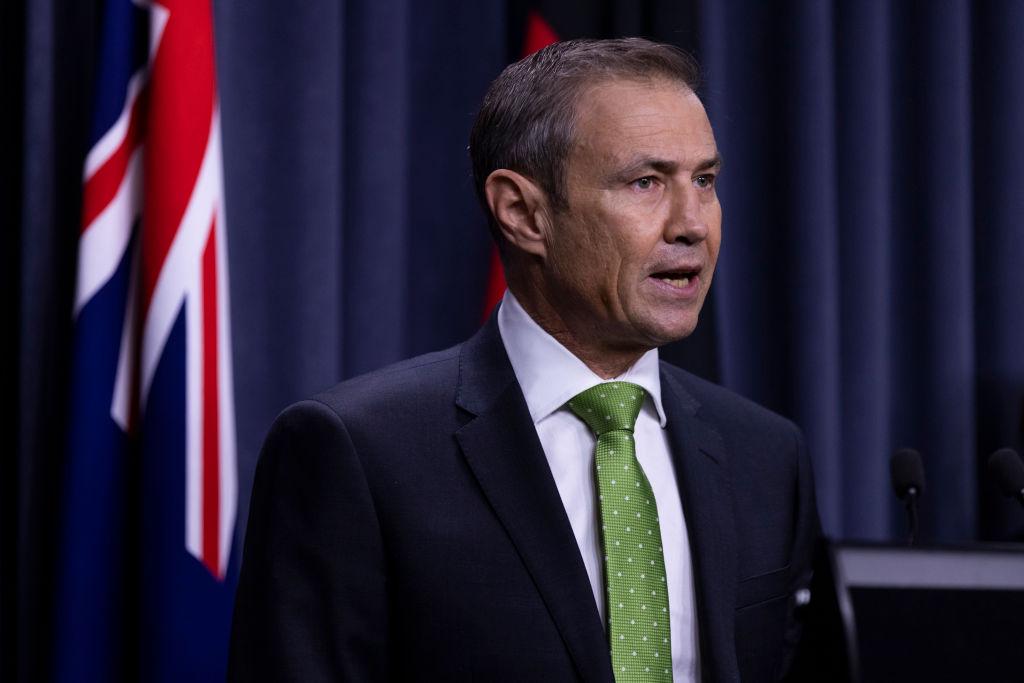The Western Australian (WA) government will scrap its controversial Aboriginal Cultural Heritage Act just one month after introducing them following widespread anger among the agricultural and mining communities.
Under the act, landholders with a property bigger than 1,100 square metres were required to undertake cultural surveys for digging a hole more than 50 centimetres or lifting more than 20 kilograms of dirt, with surveys expected to cost between $120 to $160 an hour or up to $1,200 (US$786) a day, plus travel expenses.




